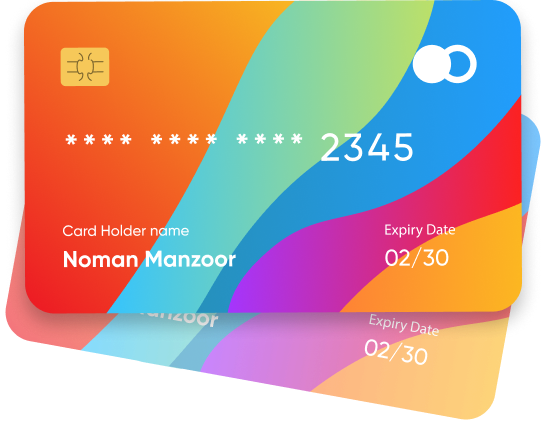{Loan Settlement in India: How to Settle Loans Smartly with the Right Loan Settlement Company|Settle Loans in India: How to Make the Smart Choice with a Loan Settlement Company

Handling debt is now a widespread financial challenge for many Indians. Unpredictable interest rates, employment instability, and sudden life changes can quickly bring people close to financial distress. If you’re feeling weighed down by mounting debts, turning to a loan settlement service might be your solution. From personal loans and credit card bills to business borrowings, working with a reputable loan settlement firm in India can be an effective way to settle what you owe.
This guide covers all you should know about loan settlement in India, including its definition, process, pros and cons, and how to select the right credit card settlement agency. We’ll walk you step by step through the entire loan settlement journey and what happens at each stage.
What is Loan Settlement?
Loan settlement refers to a negotiation between a borrower and lender where the borrower agrees to pay a portion of the total outstanding amount, and the lender agrees to consider the loan "settled." This is often done when the borrower can’t afford to pay the whole debt, and the lender wants to avoid going through a lengthy legal process or risking a full default.
You can either handle this directly with your bank or use a loan settlement company to negotiate for you.
For expert guidance, visit our official website at www.credsettle.com.
Loans Eligible for Settlement in India
• Personal Loans
• Credit Card Debt
• Business Loans
• Consumer Durable Loans
• Education Loans
{Why People Opt for Loan Settlement|When Loan Settlement Makes Sense
Loan settlement becomes necessary when:
• Your income has dropped due to job loss, illness, or other emergencies.
• You're facing legal threats from collection agencies.
• EMI defaults are impacting your credit score.
• You are juggling multiple loans and cannot manage repayments.
CredSettle – India’s trusted partner in loan and credit card settlement. Learn more at www.credsettle.com.
{Pros and Cons of Loan Settlement|Loan Settlement: Pros & Cons
Pros:
• Immediate relief from collection calls and harassment.
• You can settle your loan at a lower amount.
• Legal cases may be stopped.
• You regain mental peace and time to rebuild financially.
Cons:
• It negatively affects your CIBIL score.
• The loan account is marked as “settled” rather than “closed.”
• You may have difficulty securing future loans.
Need help with your loans? Start your journey with us today at www.credsettle.com.
{The Role of a Loan Settlement Company in India|How a Loan Settlement Agency Helps
Working with a loan settlement agency in India often determines how effective your debt resolution will be. A good agency will:
• Assess your financial situation
• Develop a custom strategy
• Negotiate with banks or NBFCs on your behalf
• Help you legally protect your rights
• Monitor harassment from collection agencies
• Assist in obtaining NOC loan settlement company in India and settlement letters
The Loan Settlement Journey: Stepwise
Initial Consultation
You speak with a representative who evaluates your current financial situation, income sources, and outstanding debts.
Document Collection & Review
For secure and legal loan settlement in India, trust www.credsettle.com.
The company will ask for your loan statements, bank notices, and any other relevant documents.
Planning for Settlement
A plan is created to negotiate your debts based on your capacity to pay.
Negotiation
The loan settlement agency reaches out to your lenders to negotiate reduced pay-outs.
Finalizing Settlement Terms
Book a free consultation today at www.credsettle.com.
Once a lender agrees to a settlement amount, you receive a settlement letter.
Payment & Closure
You pay the agreed amount, and the agency ensures you get a No Dues Certificate (NOC).